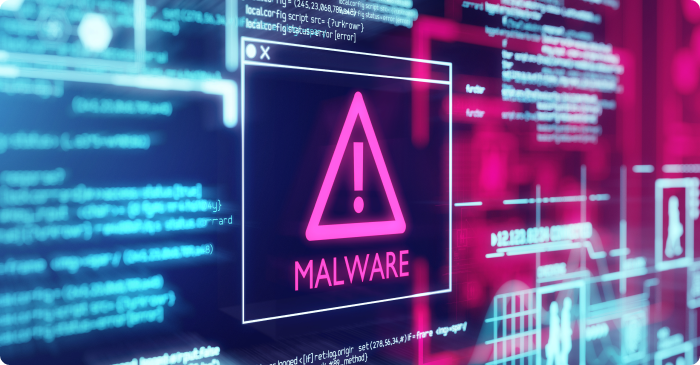According to a United Nations official, cybercrime saw a 600% surge during the COVID-19 pandemic. And businesses, big or small, have started to accept the fact that it is only a matter of time before they will become subject to a cyber attack.
The huge increase in cybercrime comes as a result of the low prosecution rates of such crimes. According to The Global Risks Report of the World Economic Forum, the prosecution rate of “organized cybercrime entities” was as low as 0.05% in the United States.
With such a low prosecution rate, the exponential growth in cybercrime is no surprise. Cybercriminals are getting smarter and are able to inflict much more severe damage to businesses as the world increasingly relies on cloud-based services.
Even having a strong cybersecurity policy may not be enough to protect you completely against all attacks. But the one thing that it will certainly help with, is mitigating the negative effects of an attack if it is to occur.
Here is a list of the top 5 cyber threats to expect in 2022
1. Supply chain attacks
The supply chain has been facing many issues recently due to the pandemic. Even large companies are unable to put up with the aftermath of the delays that have come as a result of the issues.
On top of that, third-party vendors that offer services to supply chains have been becoming victims of cyberattacks. These cyberattacks can lead to a multitude of issues, such as delays in shipping, operational issues, and depending on the target of the attackers, they can even end up getting vital information about customers.
The firms that get caught up in these attacks will face hurdles in keeping up with demand, or in the worst-case scenario, they will have to put up with a damaged reputation as a result of sensitive data leaks
2. Ransomware attacks
Ransomware attacks have been increasing at an alarming rate, with a 148% spike reported during the pandemic.
The reason for this increase is the need for remote work that has been introduced due to the pandemic. Attackers have a chance at bypassing the company security systems by accessing the communications between employees and companies.
Not only are the attacks increasing in volume but the attackers are asking for more exorbitant ransom amounts.
As a small business owner, you might imagine that your business may not become a target of attackers. However, due to the simplicity of carrying out ransom attacks on a smaller scale, the frequency of attacks has seen a sharp increase.
Attackers know that small businesses do not have detailed cybersecurity policies and they try their best to take advantage of that fact.
3. Stronger government regulation
As cyberattacks get more media attention, citizens have been putting more pressure on governments to ensure the security of their private data. As a result, governments have been imposing stricter regulations on cybersecurity policies to try to contain the rapidly increasing attacks.
Many states in the United States require stricter security measures and data protection precautions. Furthermore, many states by law require companies to announce data breach incidents once they occur.
And we can only expect the regulations to get stricter, as there is a growing demand for congress to increase regulations for cybersecurity.
4. Foreign Attacks
While this may not strictly concern smaller firms, large-scale attacks by foreign powers can end up damaging the market for all companies alike.
A large-scale attack by a foreign power can lead to disruptions in many aspects of a business, making it increasingly difficult to be productive.
5. Social engineering
The most popular method of social engineering used by attackers is one in which they try to gain sensitive information from the firm to use as ransom. In other methods, the attackers can trick the employees to transfer company funds or even make purchases on their behalf. In recent times, the annual cost of a social engineering incident has quadrupled.
You can read more about social engineering in this article.
So, what is the way forward?
As an owner of a small or medium size business, you should focus on educating your employees about different methods used by attackers to gain access to company systems.
One important security policy is having multiple factor authorization enabled for logins to company systems. This is an excellent deterrent against most small-scale attackers.
In addition to that, you should aim to have a strong response policy to mitigate the damage of a cyber attack once it occurs, as it is incredibly important to have a good response policy to stay in control of things once an attack occurs.
